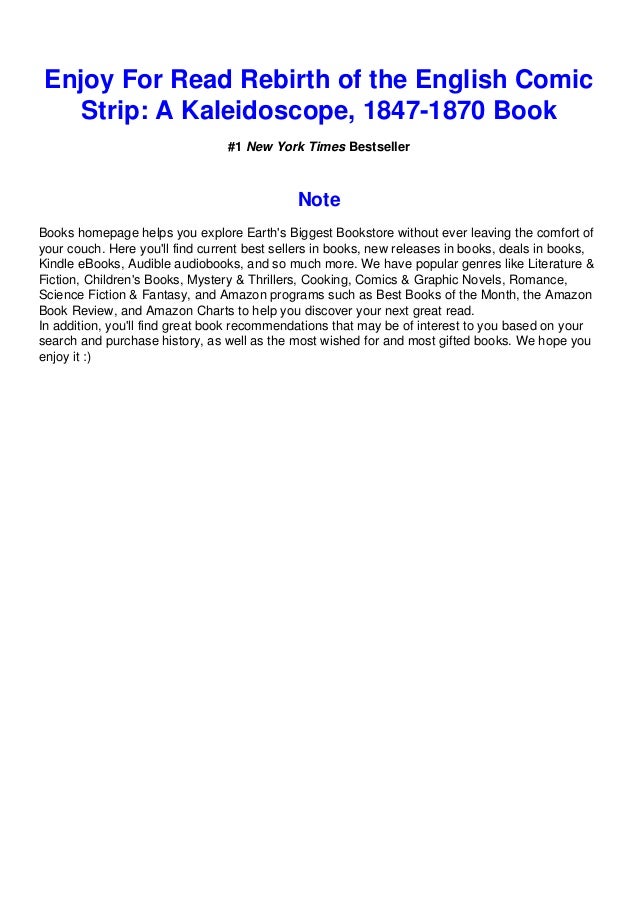Romantic comedy which has Barney Lincoln and Angel McGinnis as a pair of amorous adventurers in the gambling places of London and the Riviera. Noun 1 A toy consisting of a tube containing mirrors and pieces of coloured glass or paper, whose reflections produce changing patterns when the tube is rotated. ‘The three mirrors in the kaleidoscope are what provides the dance of ministry pieces and programs.’. Word forms: kaleidoscopes 1. Countable noun A kaleidoscope is a toy in the shape of a tube with a small hole at one end. If you look through the hole and turn the other end of the tube, you can see a pattern of colors which changes as you turn the tube around. More: English to English translation of Kaleidoscope. A kaleidoscope is a cylinder with mirrors containing loose, colored objects such as beads or pebbles and bits of glass. As the viewer looks into one end, light entering the other end creates a colorful pattern, due to the reflection of the mirrors. Define kaleidoscope. Kaleidoscope synonyms, kaleidoscope pronunciation, kaleidoscope translation, English dictionary definition of kaleidoscope. A tube-shaped optical instrument that is rotated to produce a succession of symmetrical designs by means of mirrors reflecting the constantly changing.
| Kaleidoscope | |
|---|---|
| Directed by | Jack Smight |
| Produced by | Jerry Gershwin Elliott Kastner |
| Written by | Robert Carrington |
| Starring | Warren Beatty Susannah York Clive Revill |
| Music by | Stanley Myers |
| Cinematography | Christopher Challis |
| Edited by | John Jympson |
Production company | |
| Distributed by | Warner-Pathé Distributors (UK) Warner Bros. Pictures (US) |
Release date | 8 September 1966 (World Premiere, London) |
| 103 minutes | |
| Country | United Kingdom |
| Language | English |
Kaleidoscope is a 1966 British crime film starring Warren Beatty and Susannah York.[1]
The film had its world premiere on 8 September 1966 at the Warner Theatre in the West End of London.
Plot[edit]
After leaving his lover Angel McGinnis behind in London, rich playboy Barney Lincoln breaks into a playing card manufacturer in Geneva to mark the cards, and then proceeds to break the bank at major European casinos.
Barney meets up with Angel again in Monte Carlo, where he wins a great deal of money, but her suspicions after he left England caused her to consult her father, a detective from Scotland Yard. He blackmails Barney into helping him catch a drug smuggler named Harry Dominion, who owns a casino and also has a weakness for high stakes poker.
Cast[edit]
- Warren Beatty as Barney Lincoln
- Susannah York as Angel McGinnis
- Clive Revill as Inspector 'Manny' McGinnis
- Eric Porter as Harry Dominion
- Murray Melvin as Aimes
- George Sewell as Billy
- Stanley Meadows as Dominion Captain
- John Junkin as Dominion Porter
- Larry Taylor as Dominion Chauffeur
- Yootha Joyce as Museum Receptionist
- Jane Birkin as Exquisite Thing
- George Murcell as Johnny
- Anthony Newlands as Leeds
- Peter Blythe as Poker Player
- Sean Lynch as Poker Player
- John Bennett as Poker Player
- Michael Balfour as Poker Player
- Stephen Lewis as Truck Driver (uncredited)
Production[edit]
It was the third film Jack Smight directed for Warners. Smight called the script 'terrific... a little hard to believe, but nevertheless a jolly fun premise laced with great humor.'[2]
He says producer Elliot Kastner cast Sandra Dee as the female lead mostly because Warren Beatty wanted to sleep with her. Smight said, 'Though I had worked with Sandra in my first film...and had regard for her, I couldn’t conceive of her playing a role of the British girl that the script called for...So much for the producer’s wanting to protect the integrity of a fine screenplay.'[2]
During preproduction in France, Kastner admitted he did not want Dee in the film. Smight asked Jack Warner if he could have Susannah York and Warner agreed; Dee was paid off.[2]
Smight says Beatty was undisciplined during filming. They would rehearse scenes but then 'just as we were about to roll the camera, Warren would ask if he could try something different from what we had earlier settled upon. I wanted to be flexible in the event that what he wanted to do was better than what we had planned. Inevitably it wasn’t. '[2]
References[edit]
- ^Variety film review; 7 September 1966, p. 6
- ^ abcdMyers, JP (8 March 2018). 'This is the story of Director Jack Smight's life in entertainment written by himself'.
External links[edit]
- Kaleidoscope at IMDb
- Kaleidoscope at Rotten Tomatoes
Also found in: Thesaurus, Encyclopedia, Wikipedia.

ka·lei·do·scope
(kə-lī′də-skōp′)n.kaleidoscope
(kəˈlaɪdəˌskəʊp) nka•lei•do•scope
(kəˈlaɪ dəˌskoʊp)
n.
kaleidoscope
| Noun | 1. | kaleidoscope - a complex pattern of constantly changing colors and shapes pattern, form, shape - a perceptual structure; 'the composition presents problems for students of musical form'; 'a visual pattern must include not only objects but the spaces between them' |
| 2. | kaleidoscope - an optical toy in a tube; it produces symmetrical patterns as bits of colored glass are reflected by mirrors plaything, toy - an artifact designed to be played with |
Fantasy Kaleidoscope English Dub
kaleidoscope
[kəˈlaɪdəskəʊp]N → calidoscopiom, caleidoscopiom
→ calidoscopiom, caleidoscopiomkaleidoscope

kaleidoscope
(kəˈlaidəskəup) nounKaleidoscope English Band
Want to thank TFD for its existence? Tell a friend about us, add a link to this page, or visit the webmaster's page for free fun content.
Link to this page:
Kaleidoscope English Lessons
